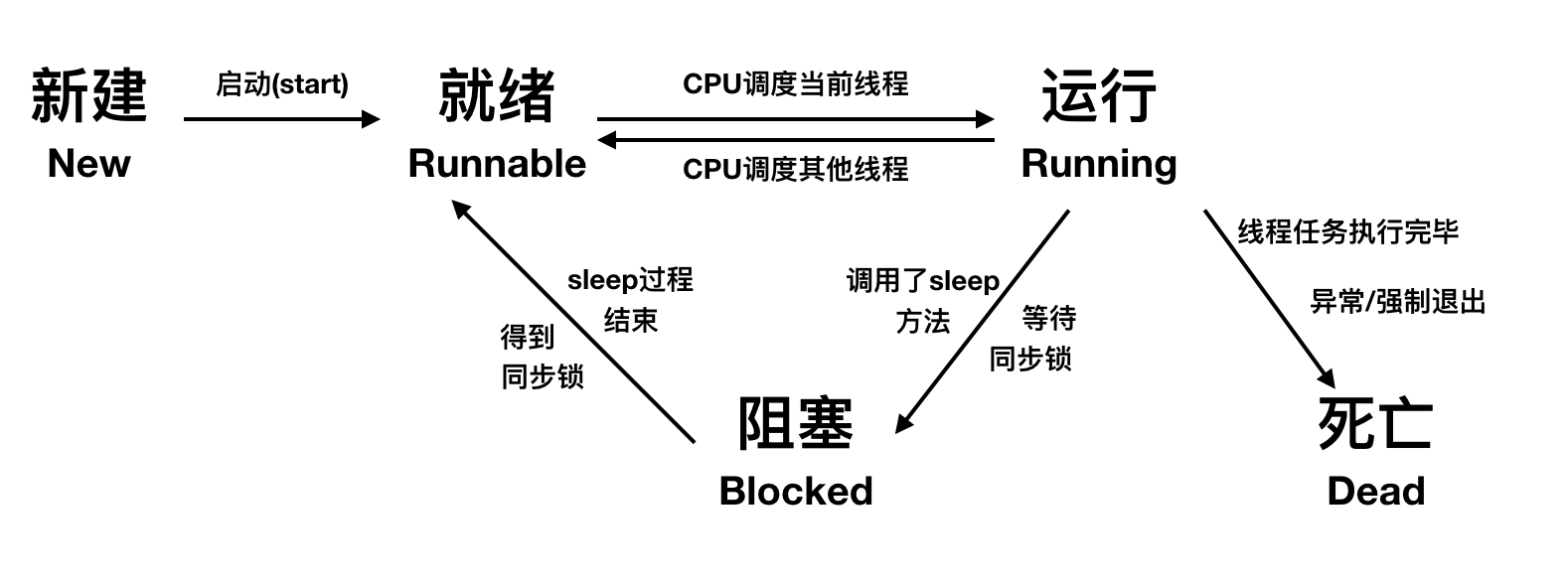Catalog
Preface
When a friend comes to Ali for an interview and shares two small questions, the blogger will try to solve them in Python when he is free. There must be many ways to realize them, and the advantages and disadvantages will be different. Welcome to exchange.
Topic 1
Three threads alternately print ABC ABC ABC , one print a, one print b, one print c.
Analysis
The typical thread synchronization problem, the solution is mutually exclusive lock, three threads through the lock to complete the mutually exclusive cooperation synchronization.

Realization
import threading
lock_a = threading.Lock()
lock_b = threading.Lock()
lock_c = threading.Lock()
def print_a(num):
if num < 0:
return
lock_a.acquire()
print('a')
lock_b.release()
print_a(num-1)
def print_b(num):
if num < 0:
return
lock_b.acquire()
print('b')
lock_c.release()
print_b(num-1)
def print_c(num):
if num < 0:
return
lock_c.acquire()
print('c')
lock_a.release()
print_c(num-1)
def main():
num = 9
thread_a = threading.Thread(target=print_a, args=(num,))
thread_b = threading.Thread(target=print_b, args=(num,))
thread_c = threading.Thread(target=print_c, args=(num,))
lock_b.acquire()
lock_c.acquire()
thread_a.start()
thread_b.start()
thread_c.start()
if __name__ == '__main__':
main()Topic two
There is an array of String type arr = {"a", "B", "d", "d", "a", "d", "a", "e", "d", "C"}. Please code to count the number of character repetitions in the array and reorder the output of a,b,c,d,e from more to less.
Analysis
If it is implemented in C language, it is still a bubble sorting algorithm. For Python, this is a simple proficiency test, which can be easily implemented by using the collections module.
Realization
from collections import Counter
li1 = ["a", "b", "d", "d", "a", "d", "a", "e", "d", "c"]
print(Counter(li1))or
from collections import defaultdict
from collections import OrderedDict
li1 = ["a", "b", "d", "d", "a", "d", "a", "e", "d", "c"]
d = defaultdict(int)
for k in li1:
d[k] += 1
print OrderedDict(sorted(d.items(), key=lambda t: t[1], reverse=True))